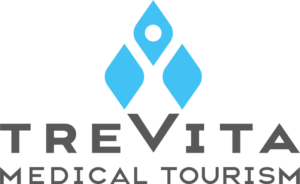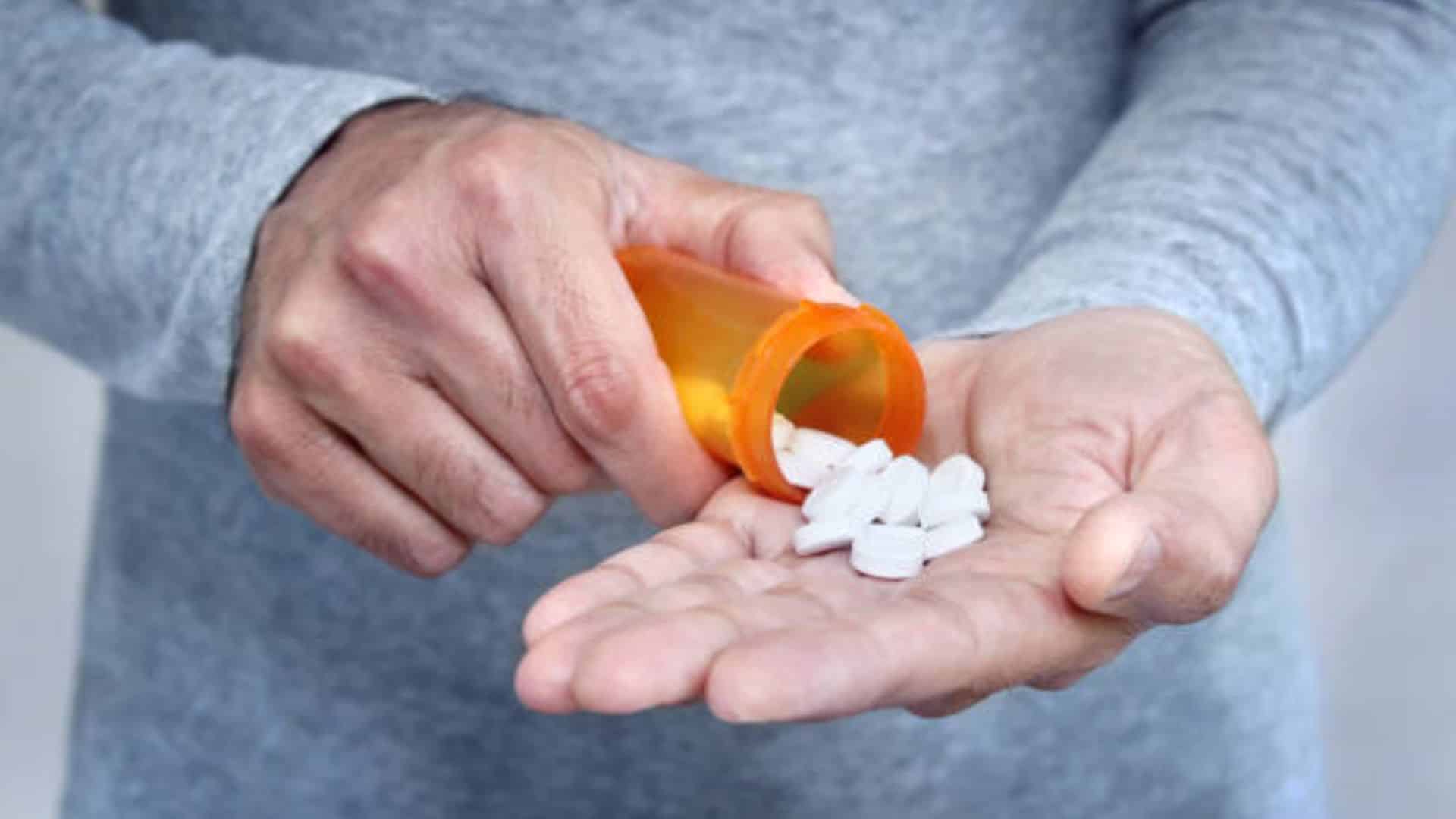Understanding Medication Restrictions After Gastric Sleeve Surgery
Weight loss surgeries have gained immense popularity in recent years as an effective means of achieving weight loss and a healthier lifestyle. Gastric sleeve surgery, which entails removing a portion of the stomach to decrease its size, is among the most frequently performed bariatric procedures. However, it is crucial to be aware of the medications to avoid after gastric sleeve surgery, as certain drugs may interfere with the healing process or cause adverse side effects.
Read more: Gastric Sleeve Mexico Guide 2023
If you have undergone gastric sleeve surgery, it is crucial to know which medications to avoid in order to prevent potential side effects or complications. In this article, we will discuss some of the medications to avoid after gastric sleeve surgery to ensure a smooth recovery.
What Is a Gastric Sleeve Surgery and How Is It Performed?
Gastric sleeve surgery, also known as vertically-sleeved gastrectomy or VSG, is a bariatric procedure that reduces the size of the stomach. During this procedure, a surgeon removes up to 85% of the stomach with a stapling device and creates a small tube-shaped “sleeve” that remains. A patient’s hunger hormone, ghrelin, is reduced by reducing the stomach size. This helps individuals eat less, lose weight and reduce their risk for chronic diseases like diabetes.
Medications to Avoid
1) Blood Thinning Medication
Blood thinners are used for patients who need to reduce their risk of developing a blood clot. However, these medications can also increase the risk of bleeding and should be avoided after gastric sleeve surgery. This includes warfarin (Coumadin) and non-steroidal anti-inflammatory drugs (NSAIDs). Patients may still be able to take aspirin at lower doses after gastric sleeve surgery but should always consult with their doctor first.
2) Iron Supplements
Iron supplements can be complex for the body to absorb after gastric sleeve surgery because the stomach produces less acid and enzymes needed to break it down. This can cause various side effects, like nausea, vomiting, and constipation. It’s best to avoid taking iron supplements and get your recommended daily allowance of iron through a balanced diet. If anemia is diagnosed, talk to your doctor about alternatives, such as intravenous iron therapy.
3) Pain Medications
It is generally not advised to take over-the-counter pain medications after gastric sleeve surgery as they can interfere with the stomach’s natural healing process. Typical pain medications, such as ibuprofen and naproxen, can cause significant irritation to the stomach lining, leading to further complications. Instead, it is best to opt for safer alternatives like acetaminophen or Tylenol. While these are not as strong as many over-the-counter medications, they are much less likely to cause harm to your stomach and can be used for mild pain relief.
4) Antibiotics
A gastric sleeve surgery involves cutting and re-arranging the stomach, which can leave it vulnerable to infection. As such, antibiotics are an essential part of your post-op recovery period. However, while they may be necessary in some cases, avoiding unnecessary antibiotics is essential as they can upset your stomach’s natural balance of bacteria. Speak with your doctor about potential side effects, and get an antibiotic tailored to your needs.
Call TreVita for the best gastric sleeve in Mexico. Our team of experienced surgeons will make sure your surgery is a success. After gastric sleeve surgery, avoiding certain medications that could interact negatively with the procedure and potentially harm you is essential. You should discuss any medications you are taking with your doctor before the operation so they can advise if any changes need to be made.







